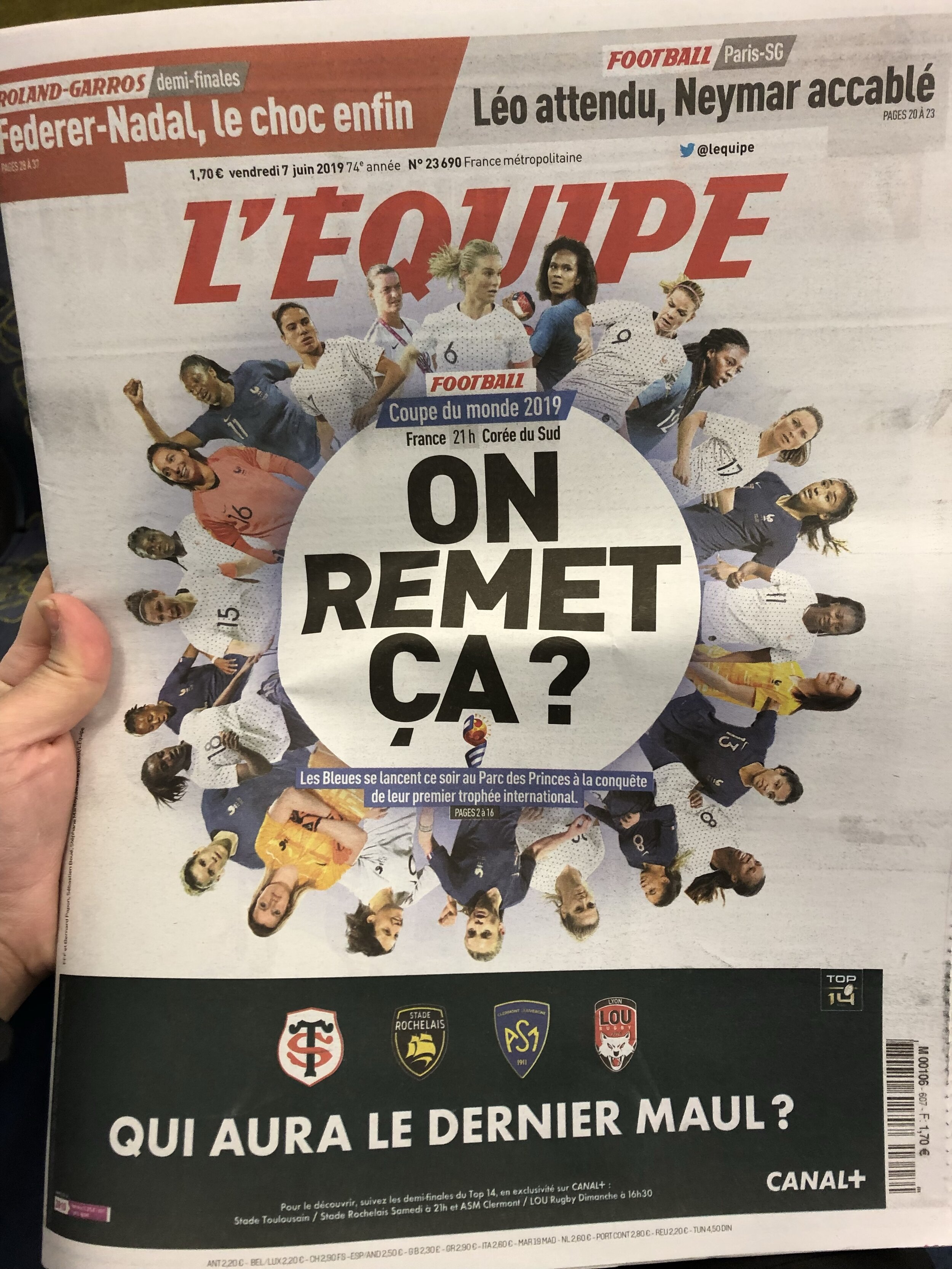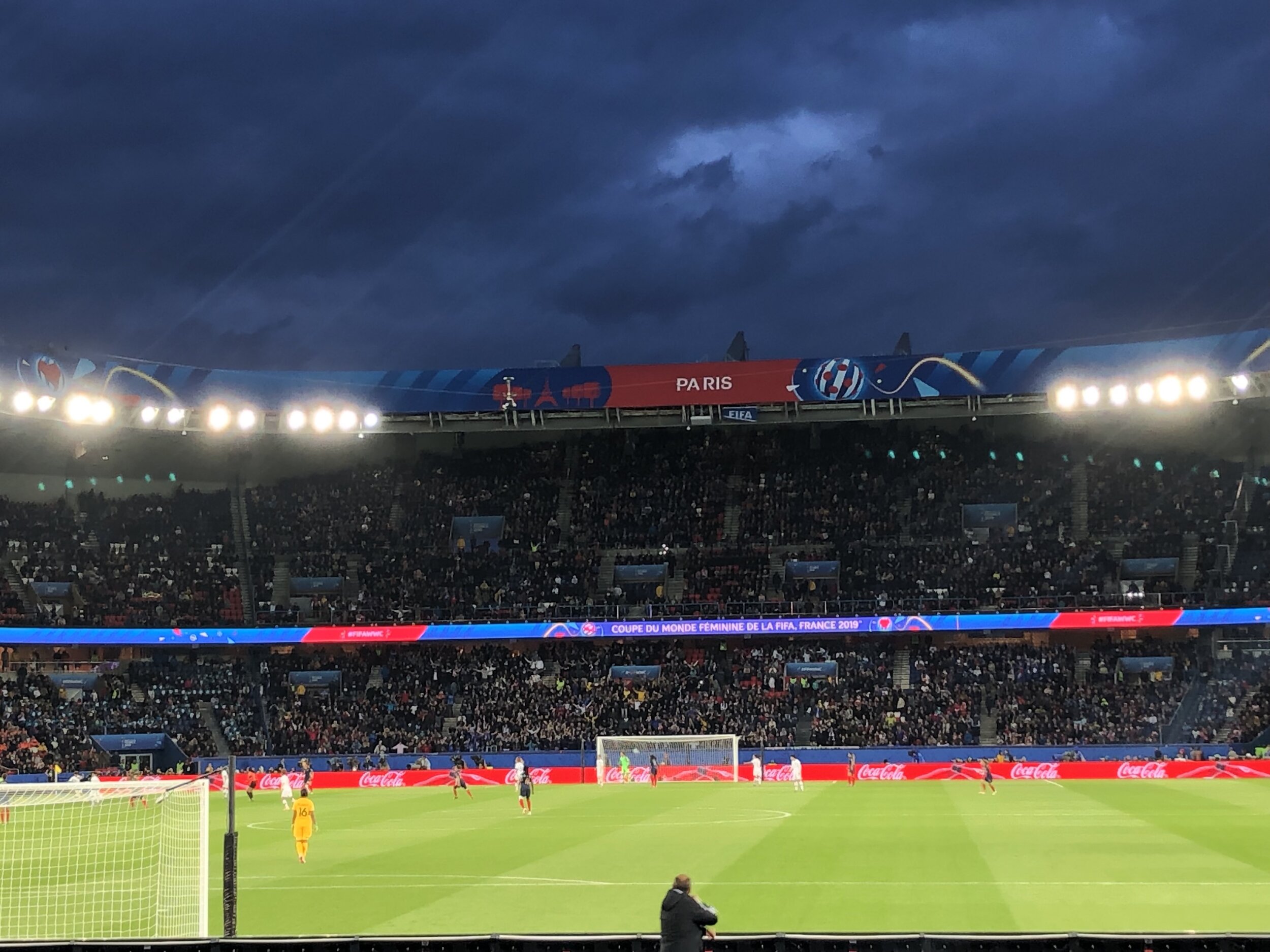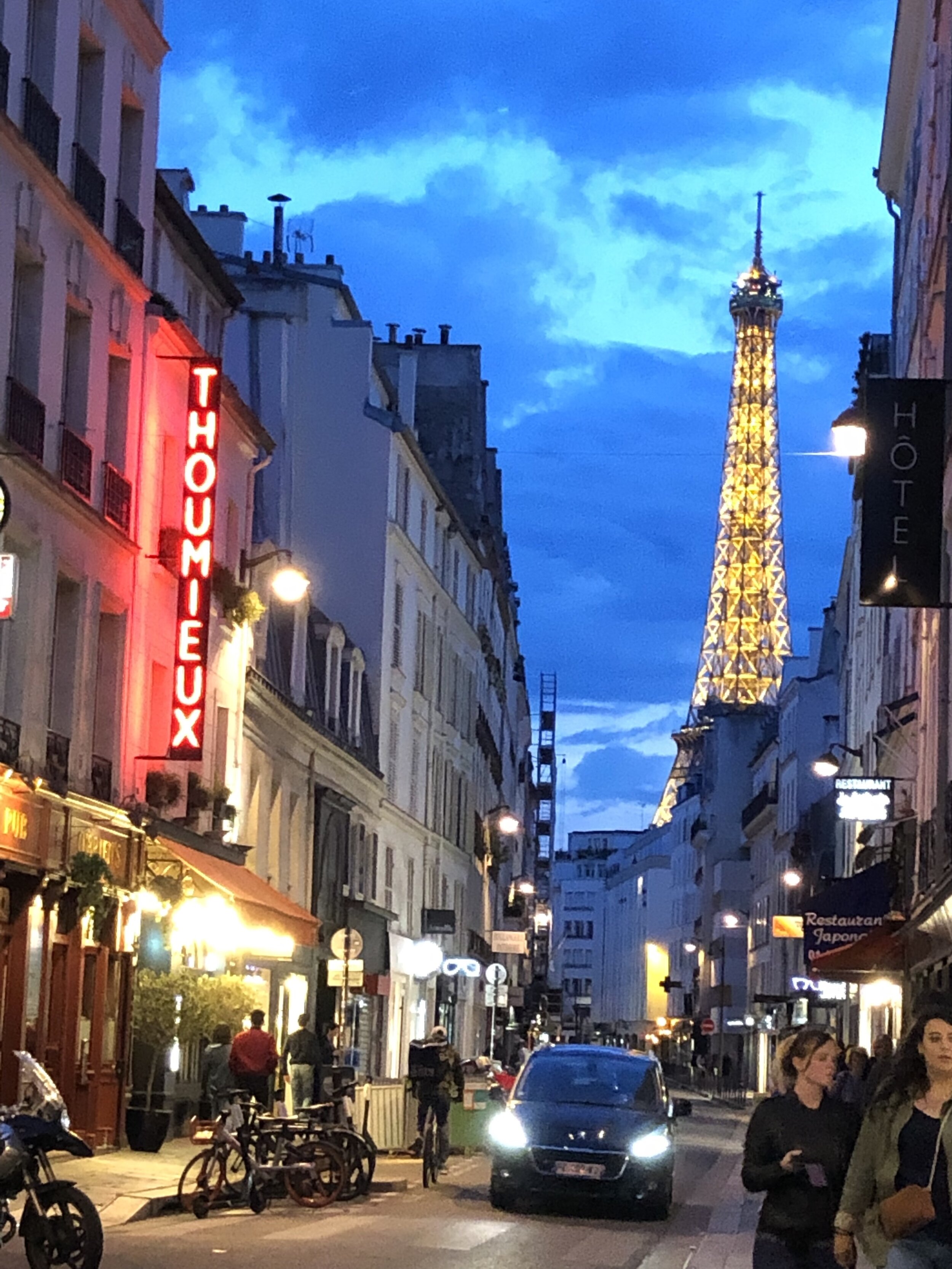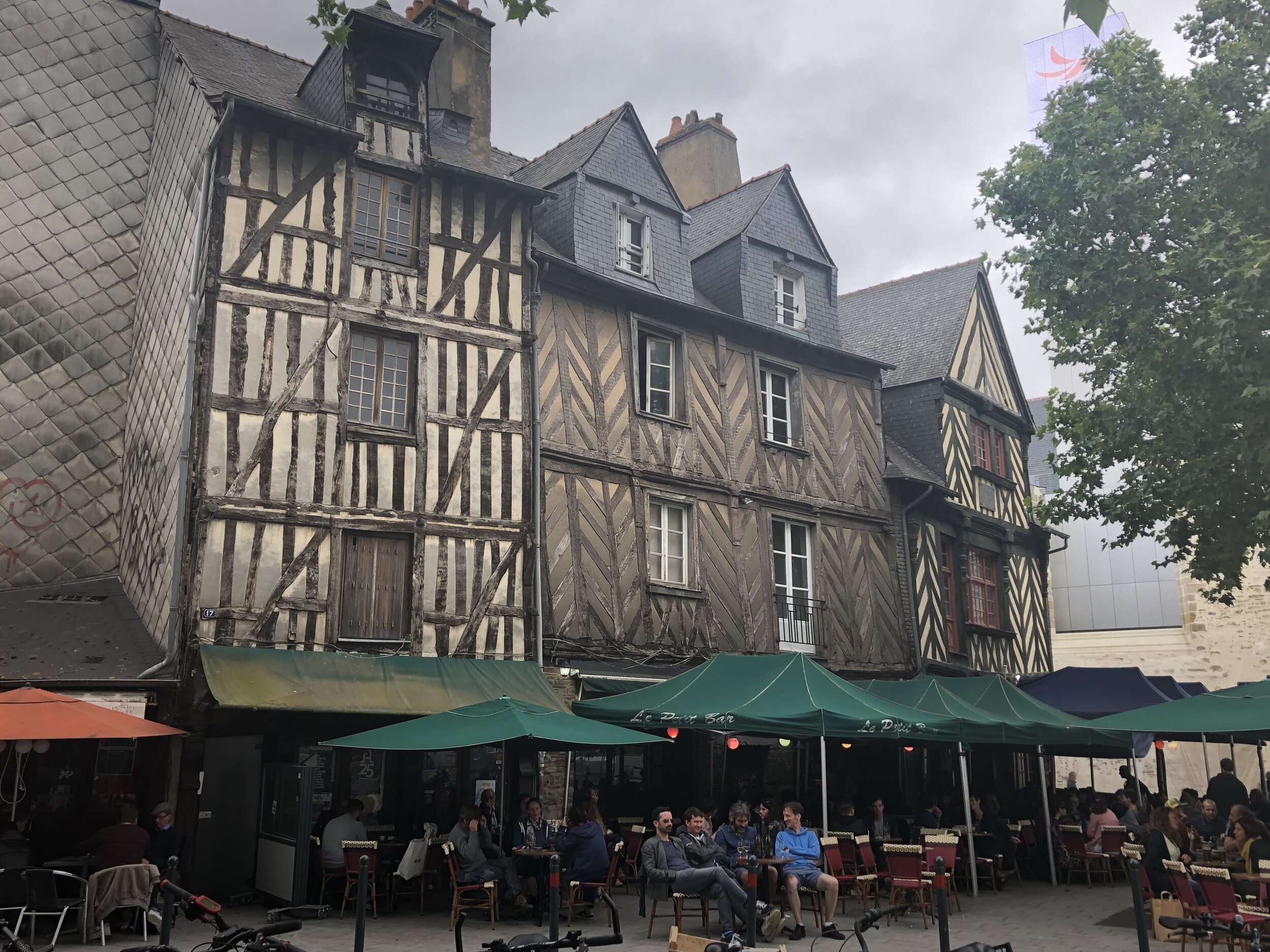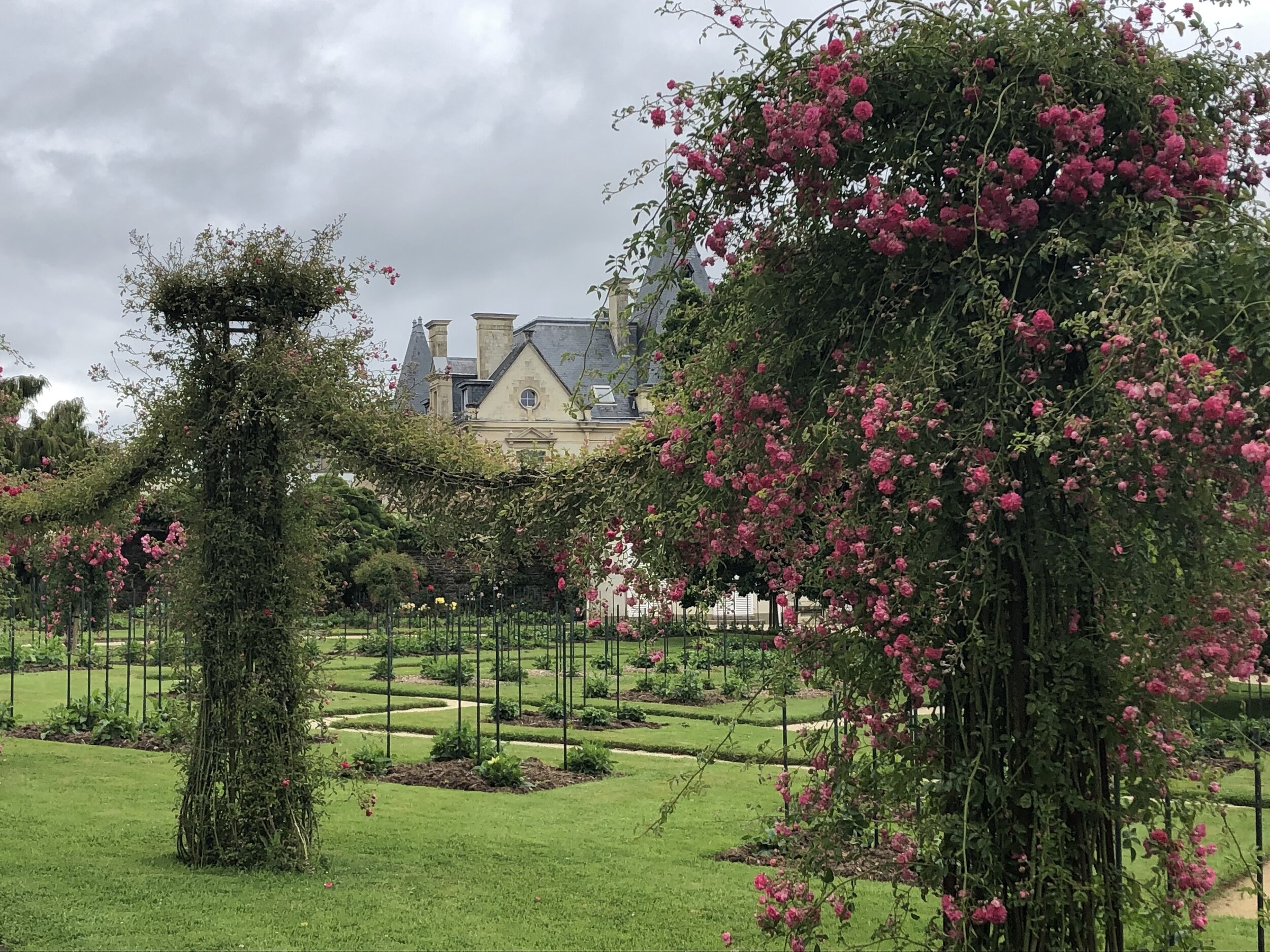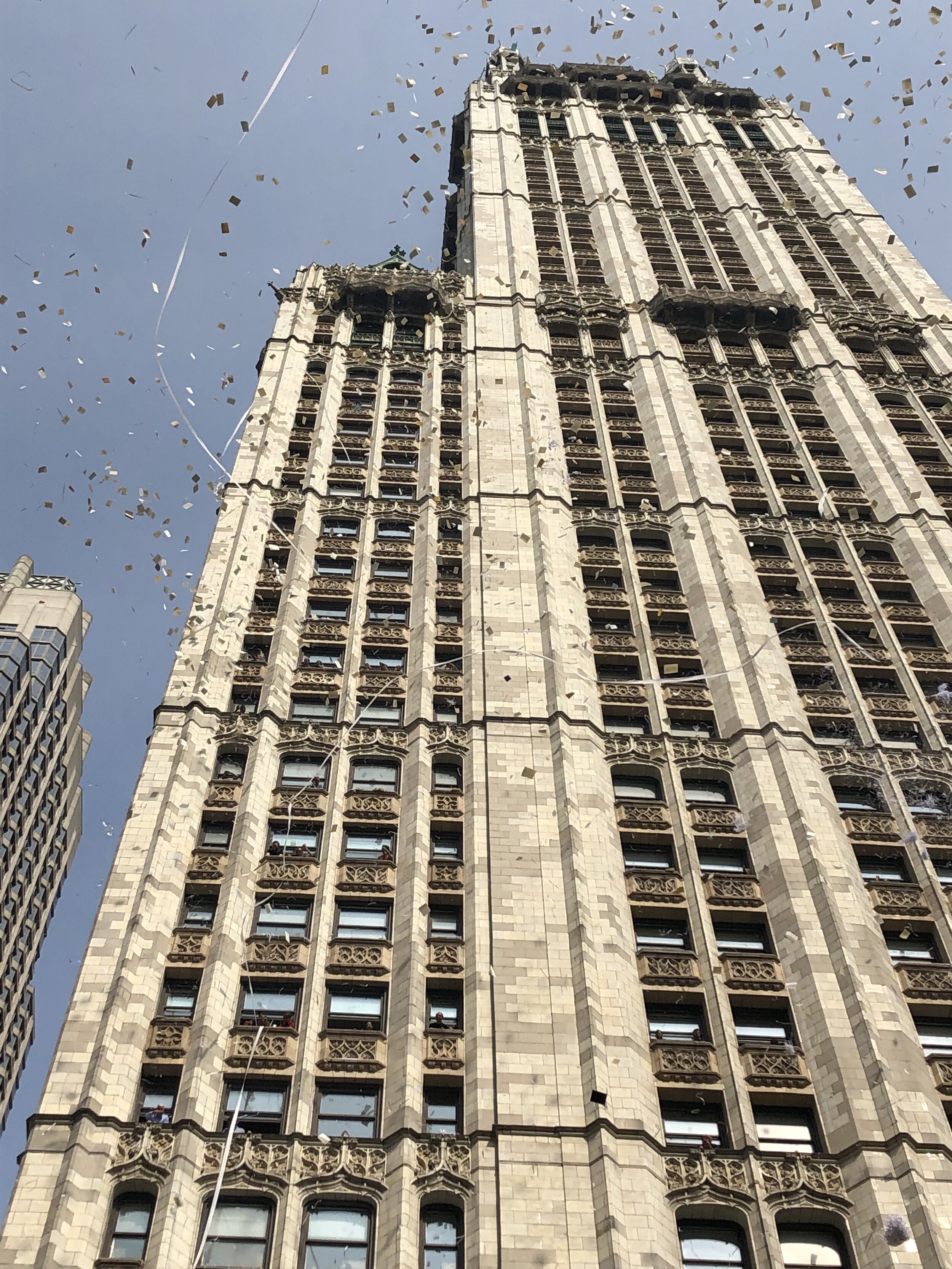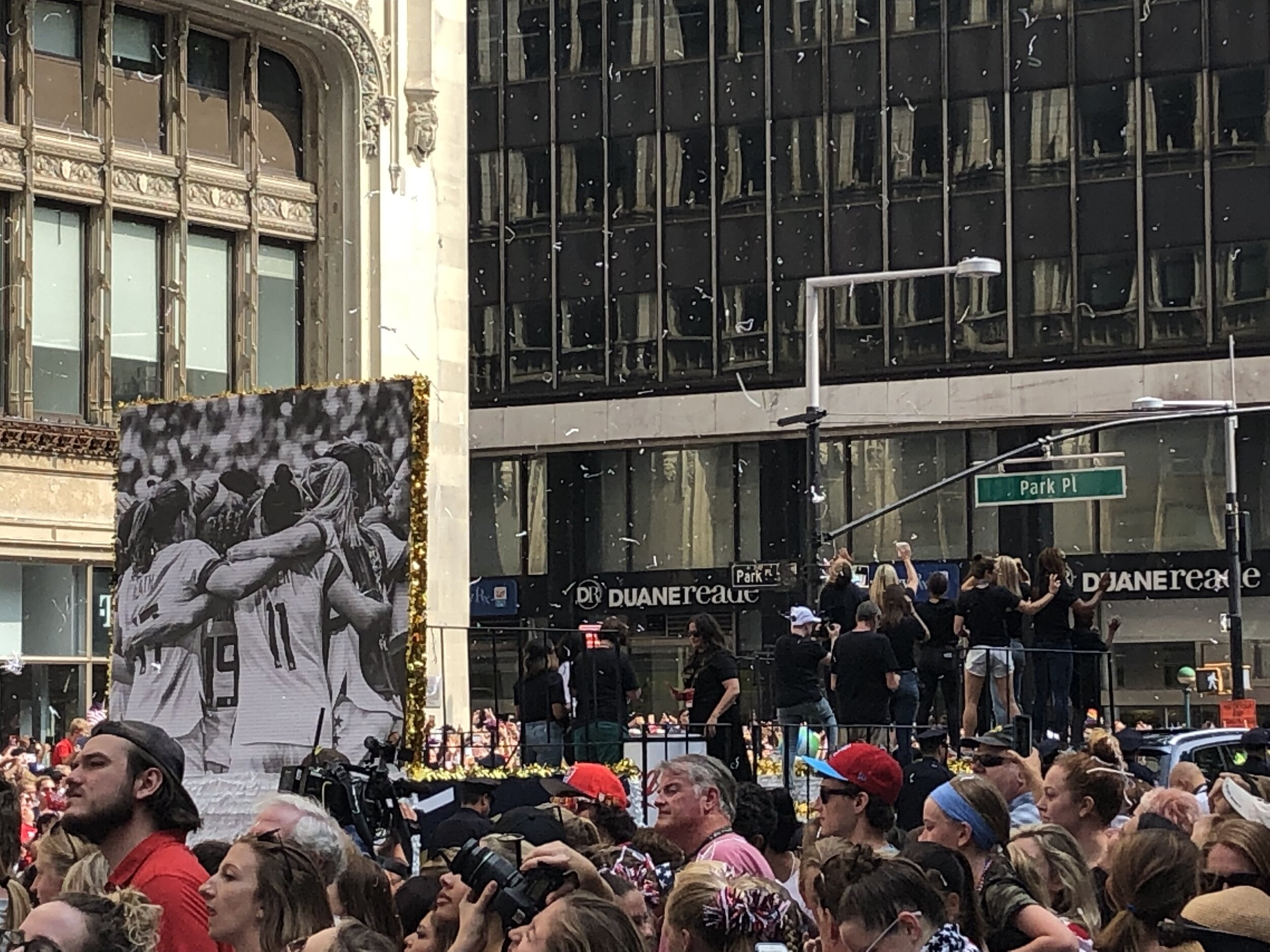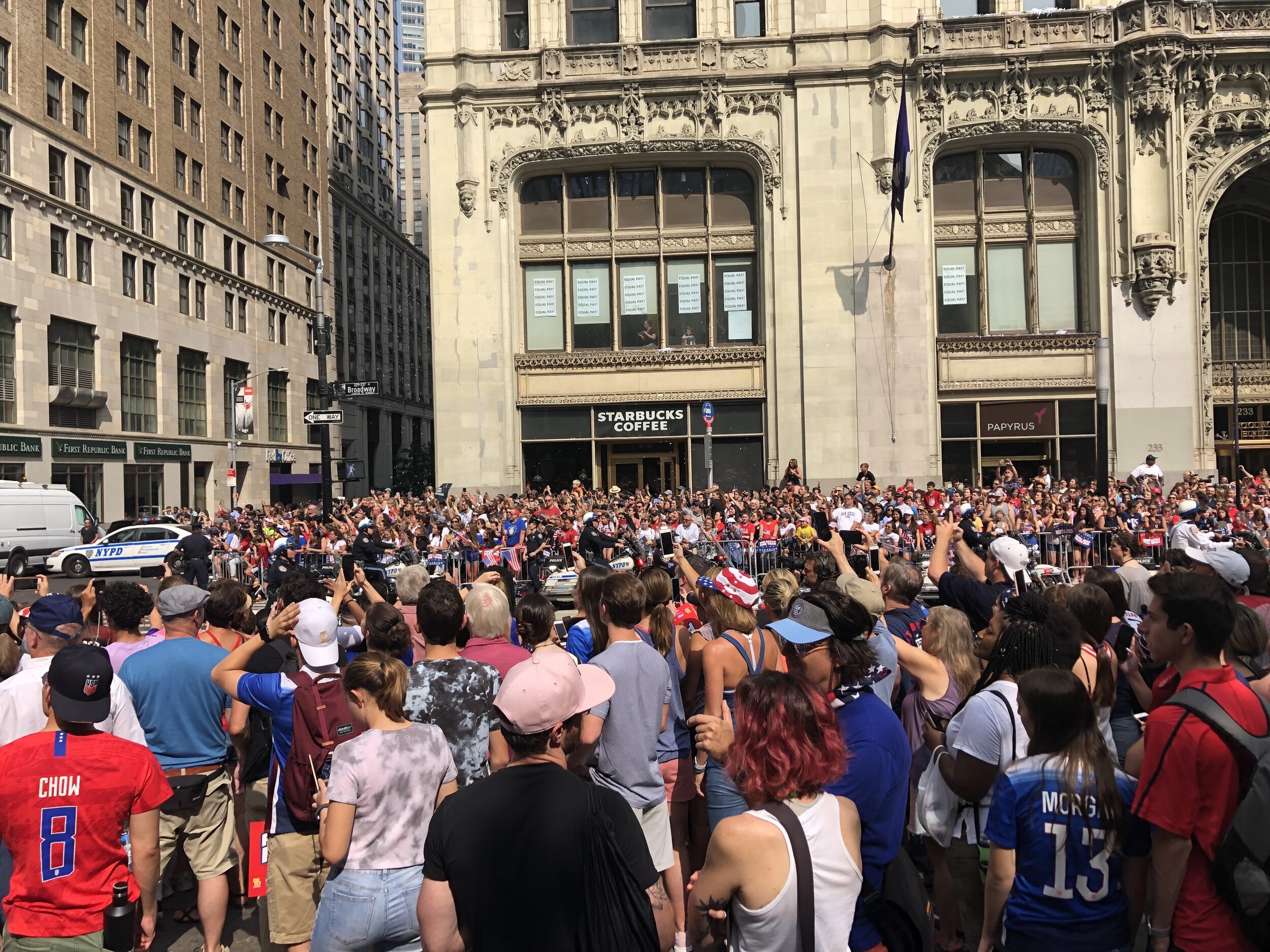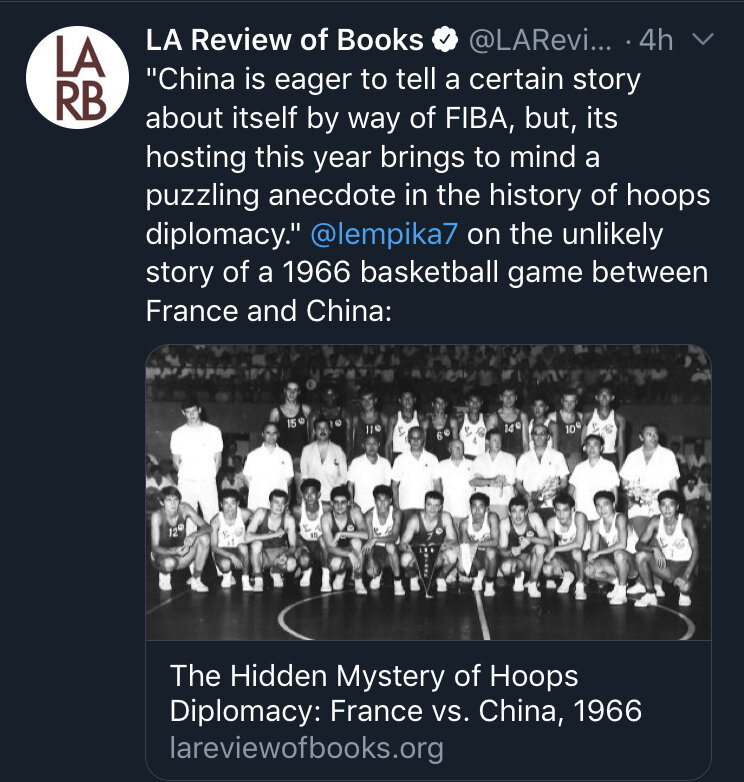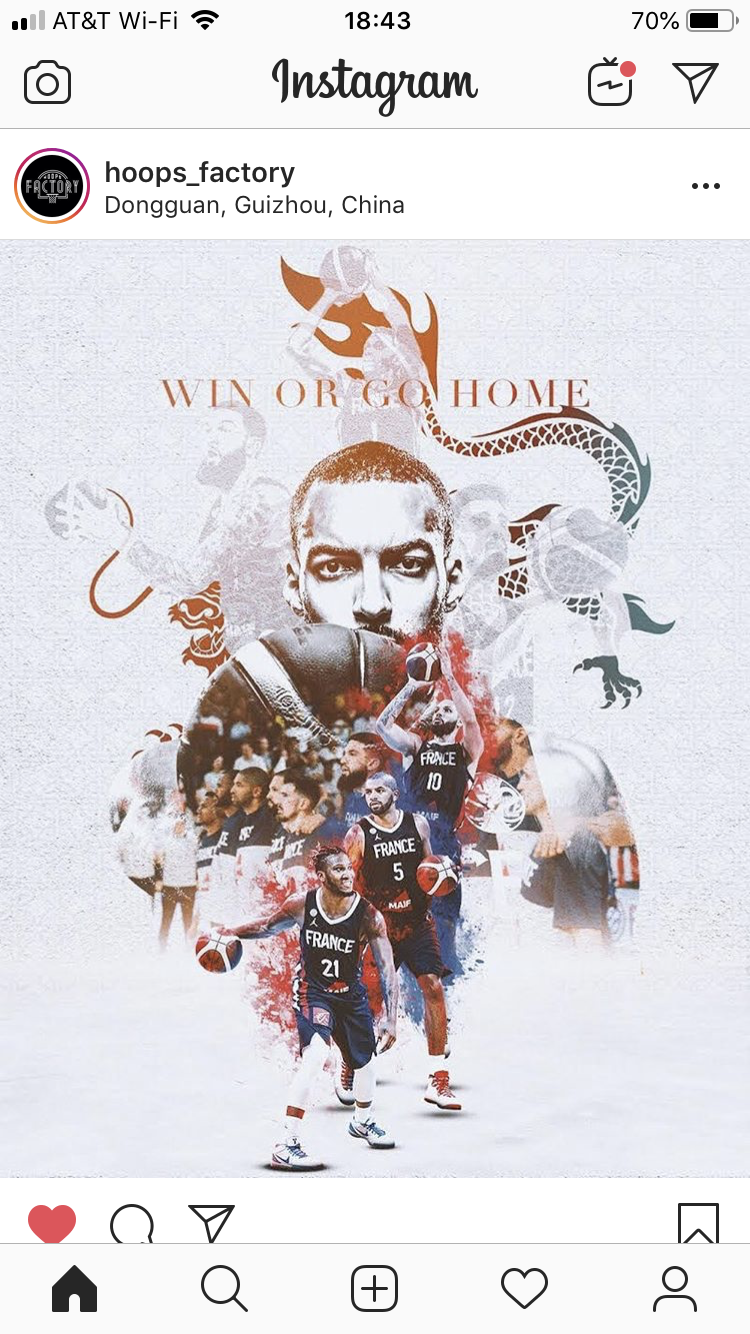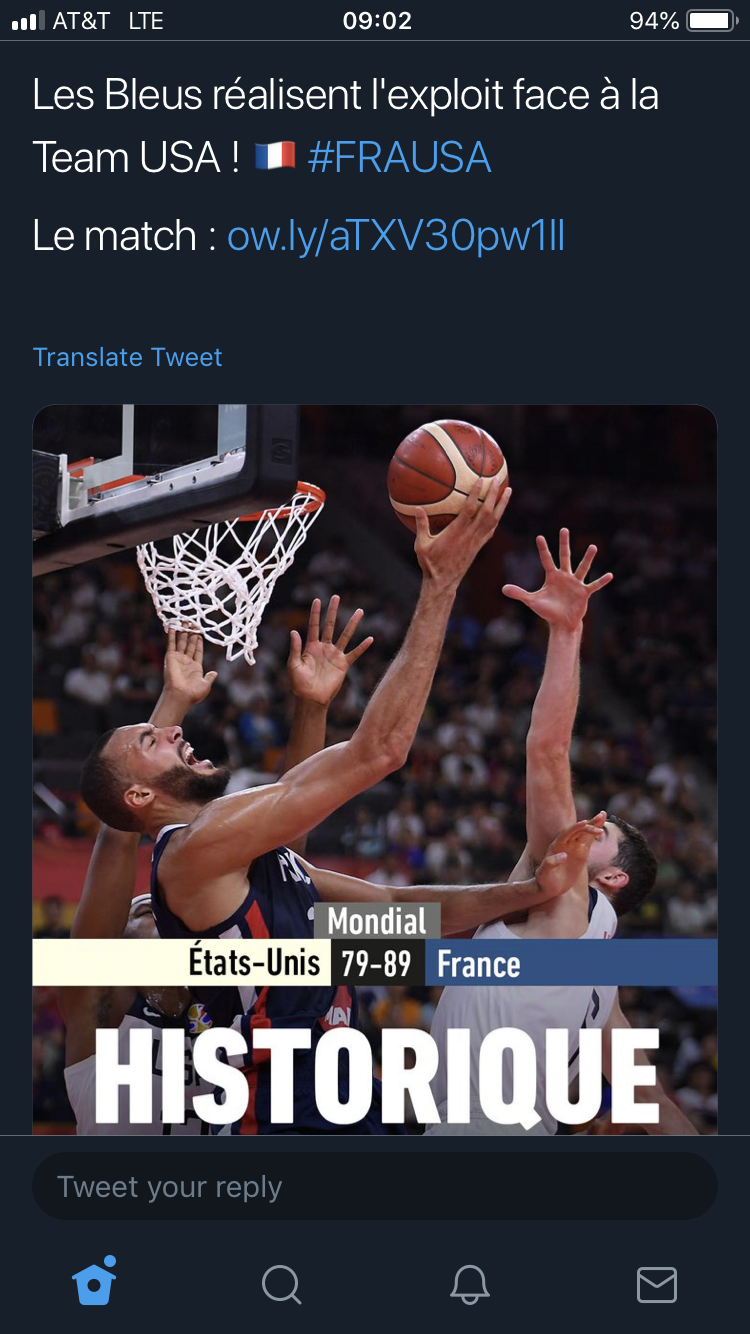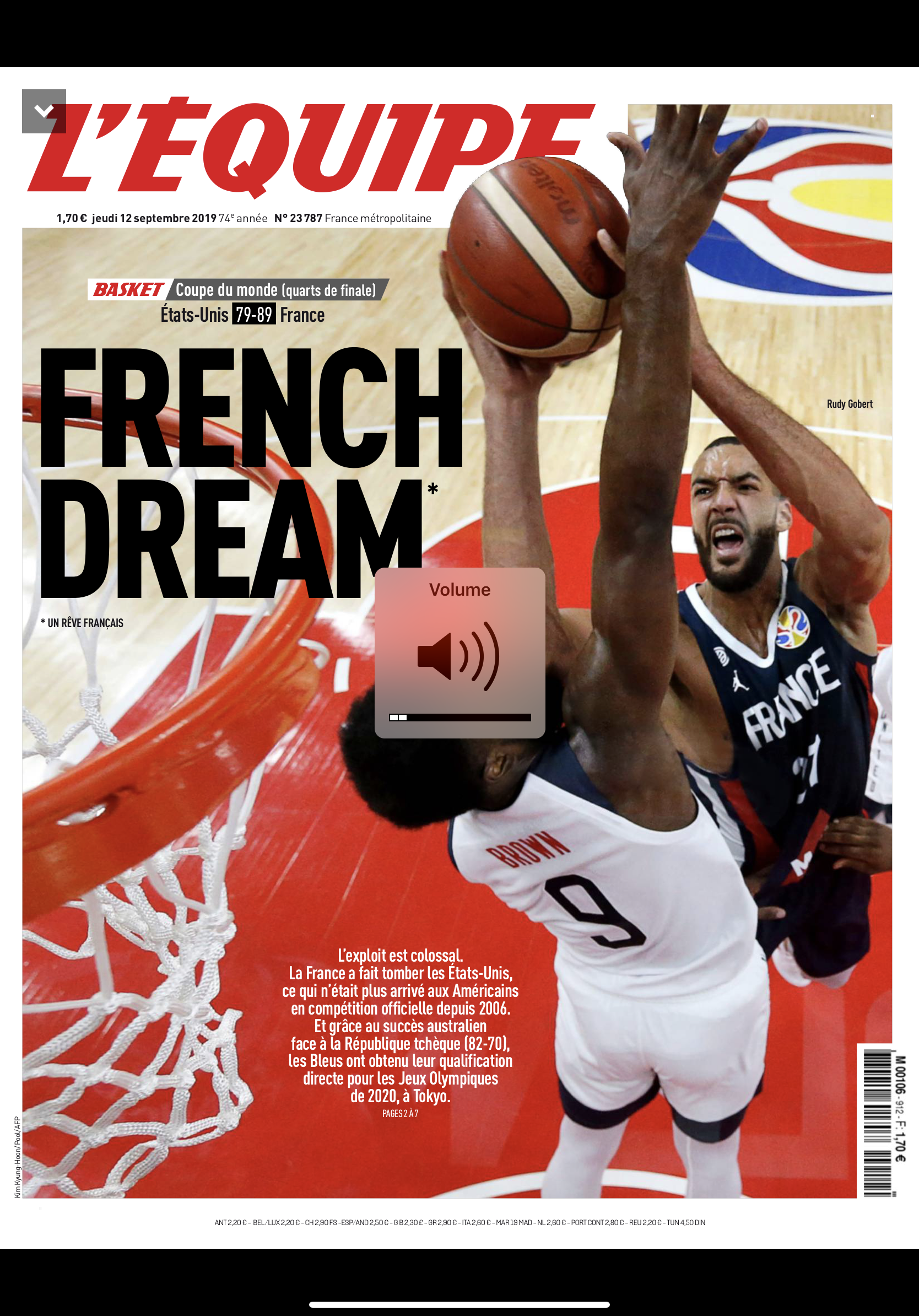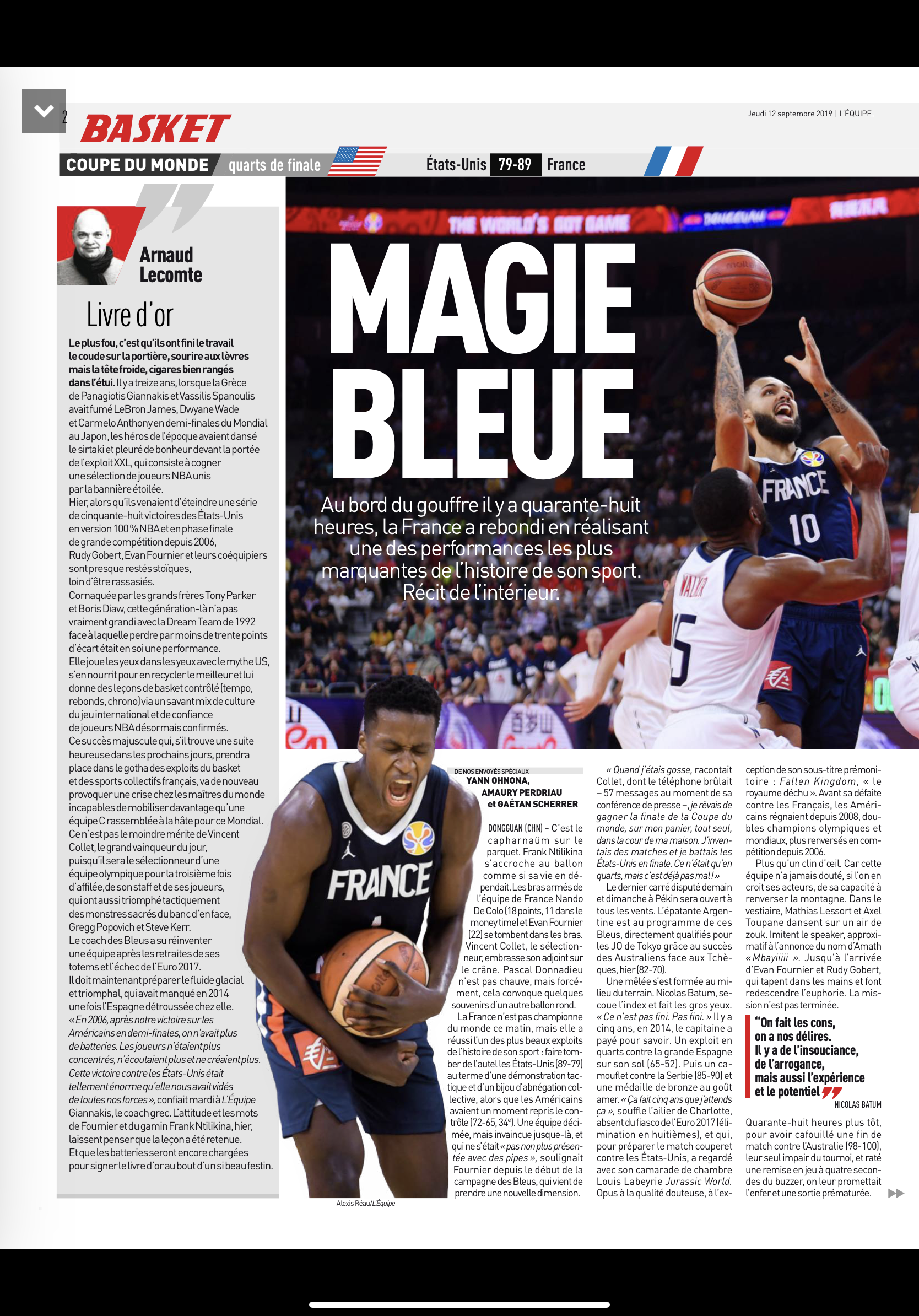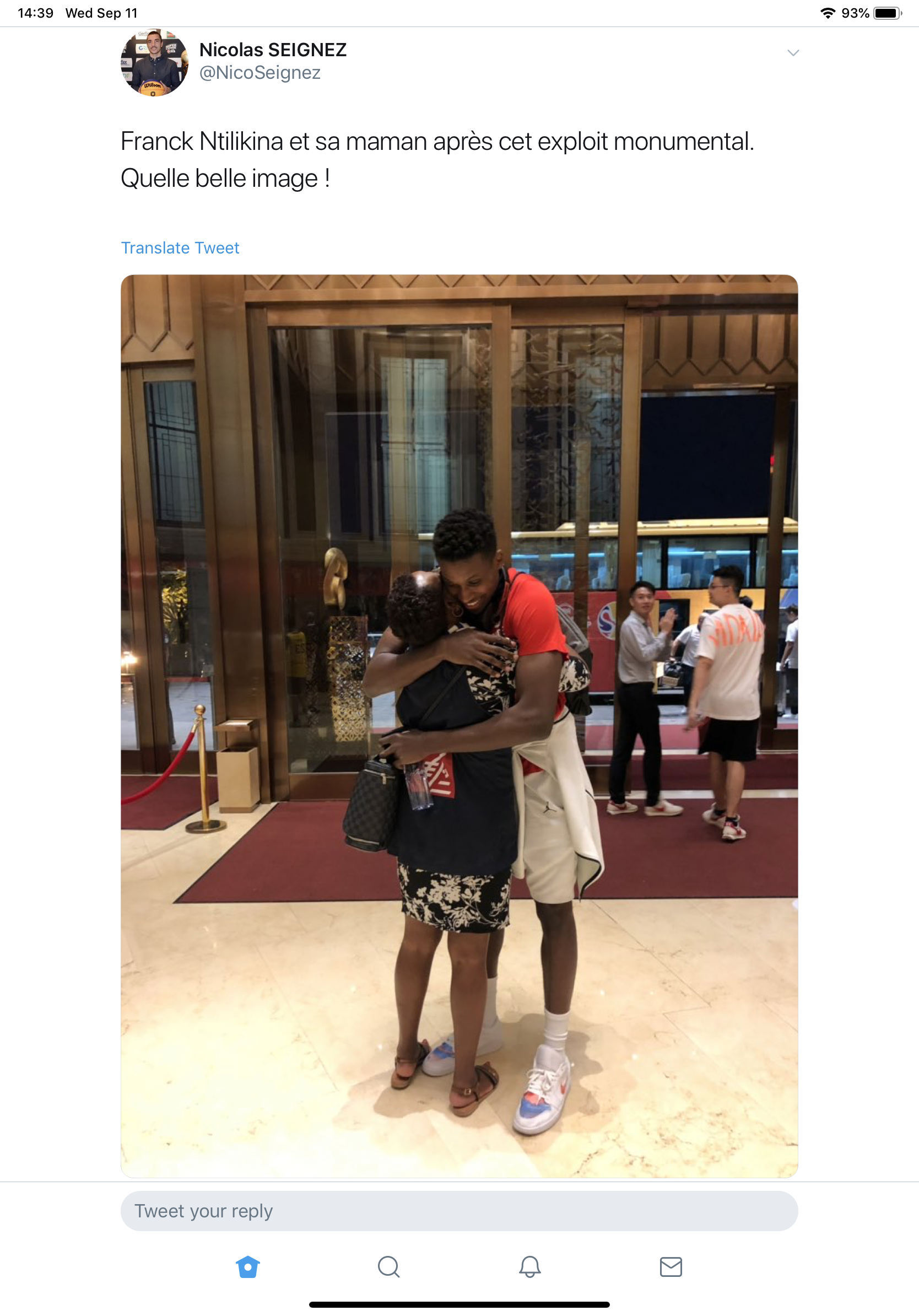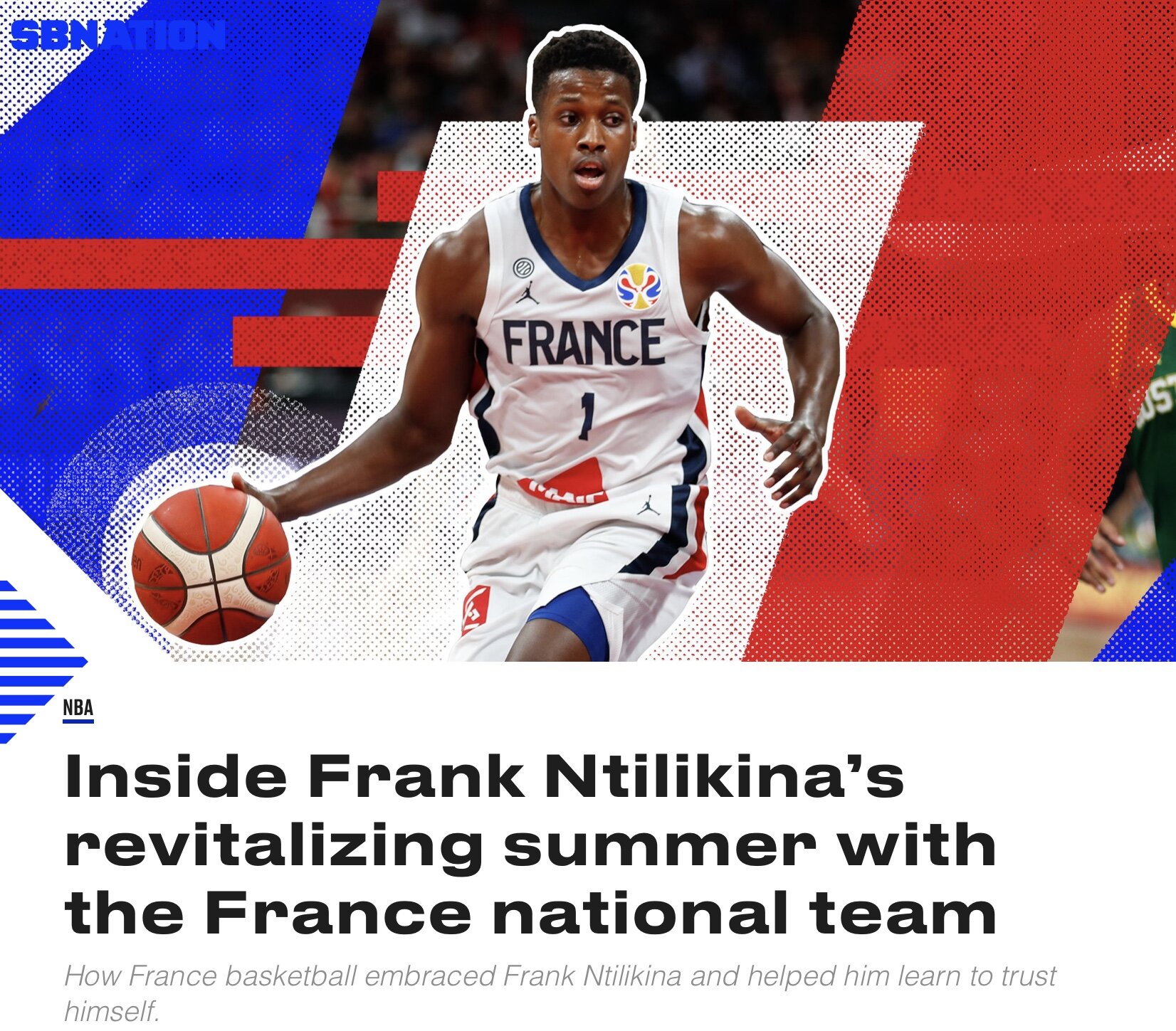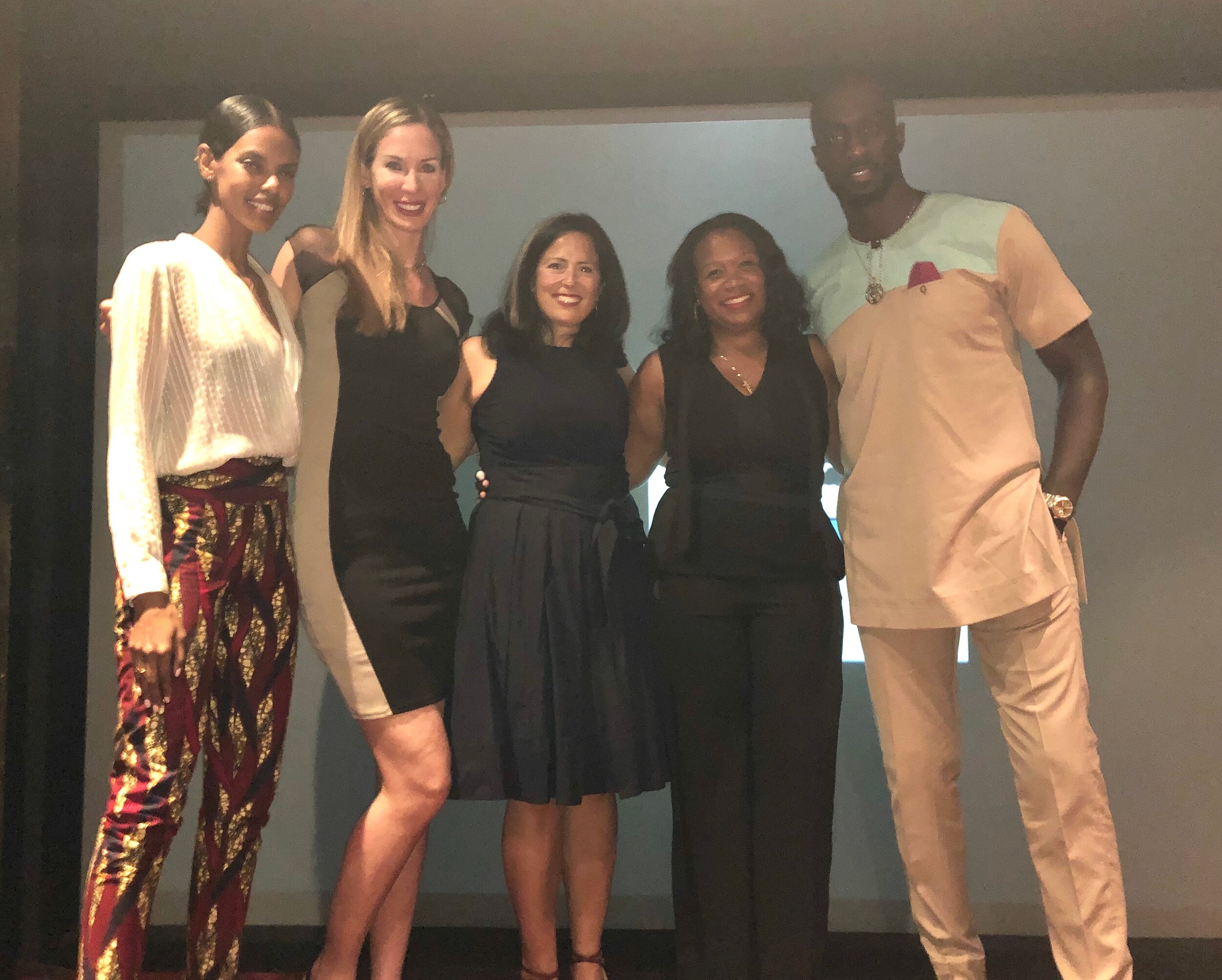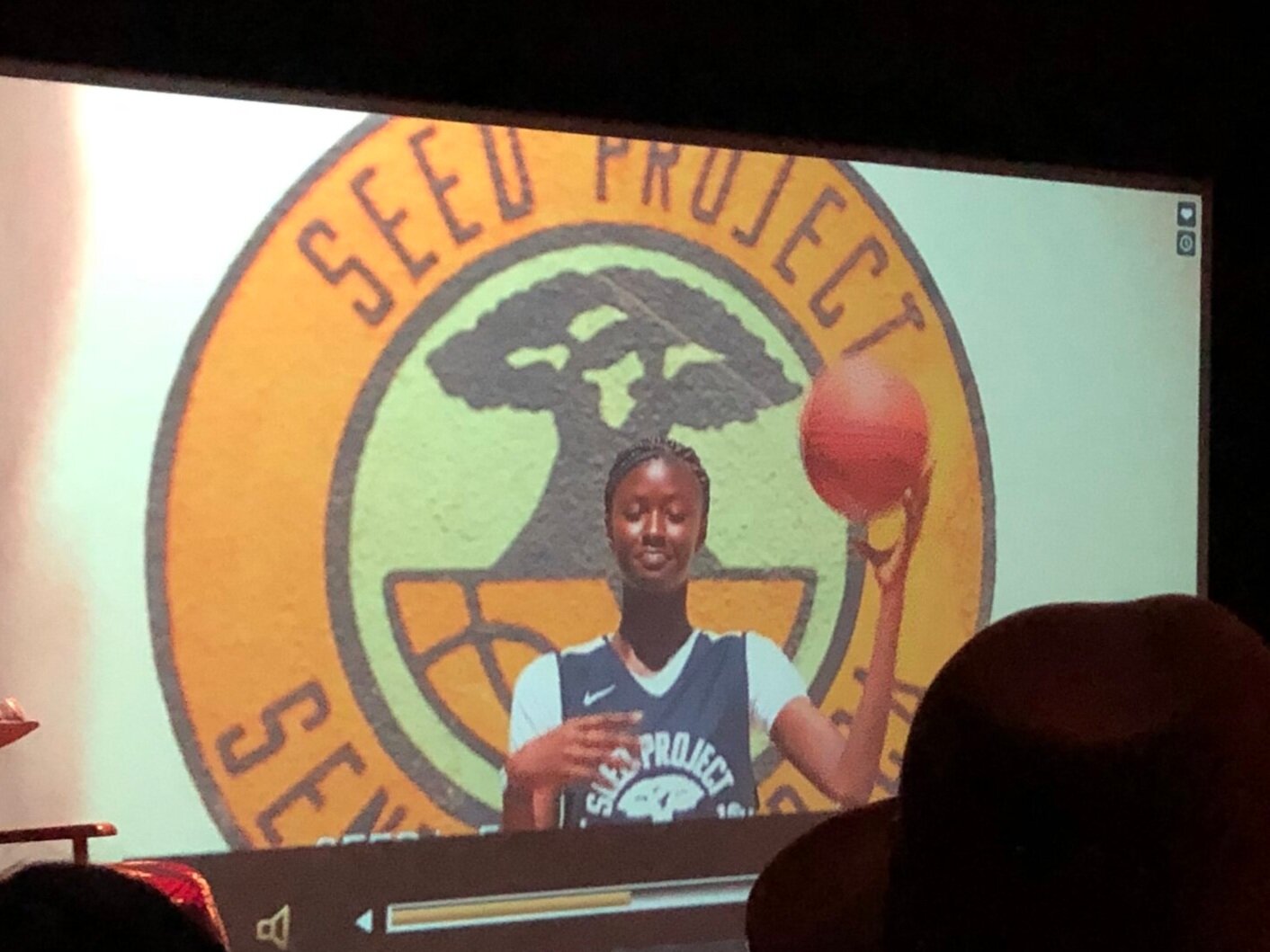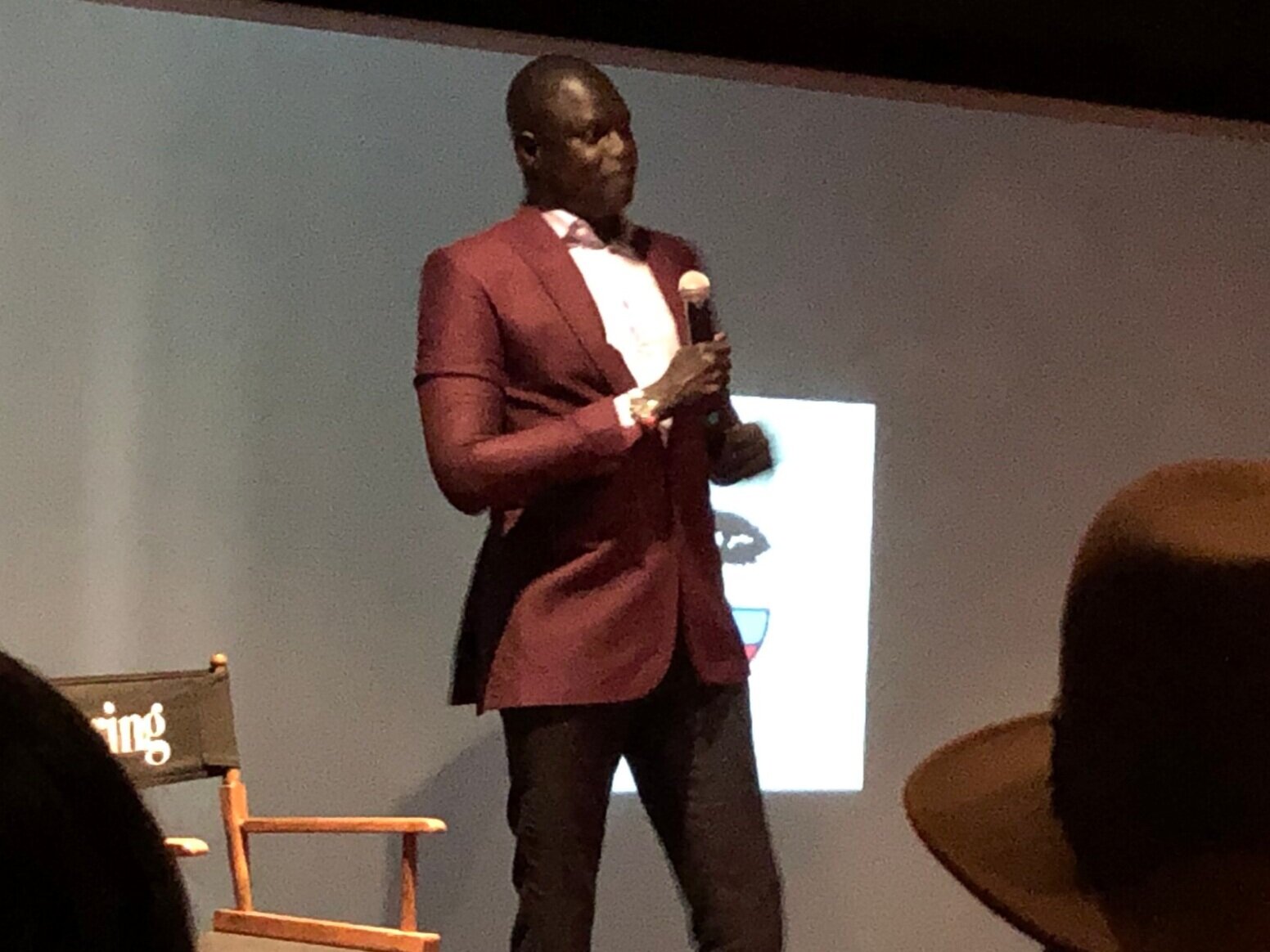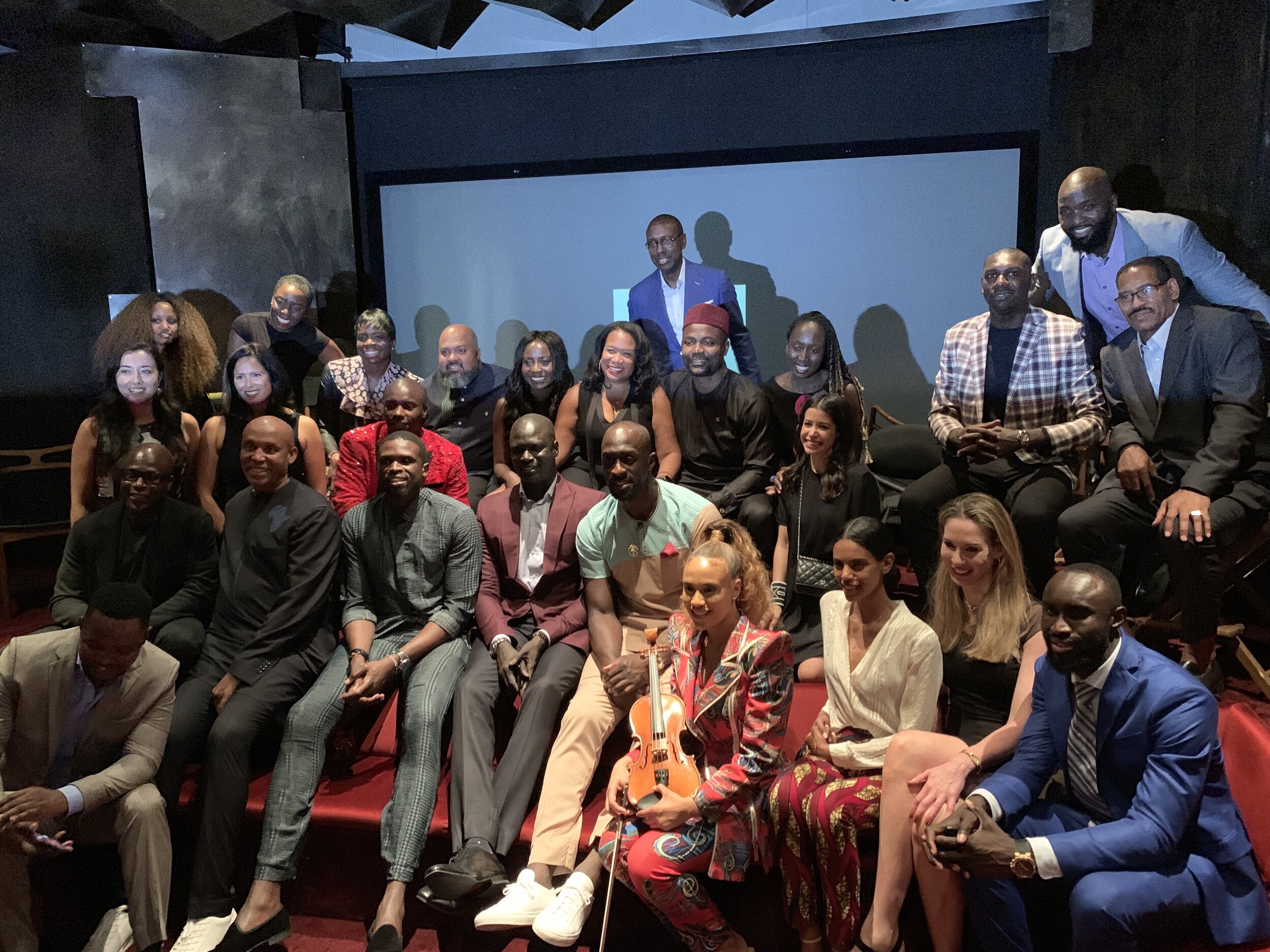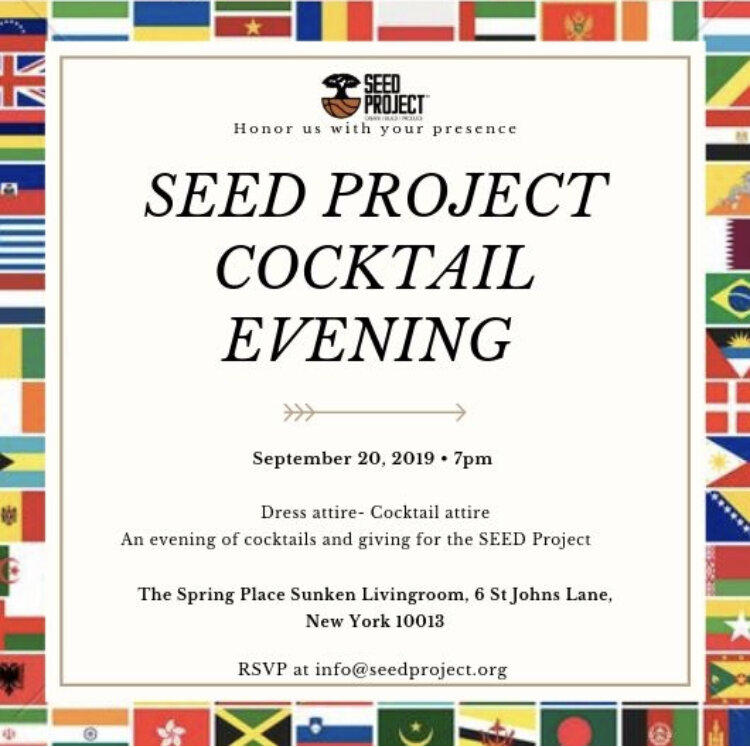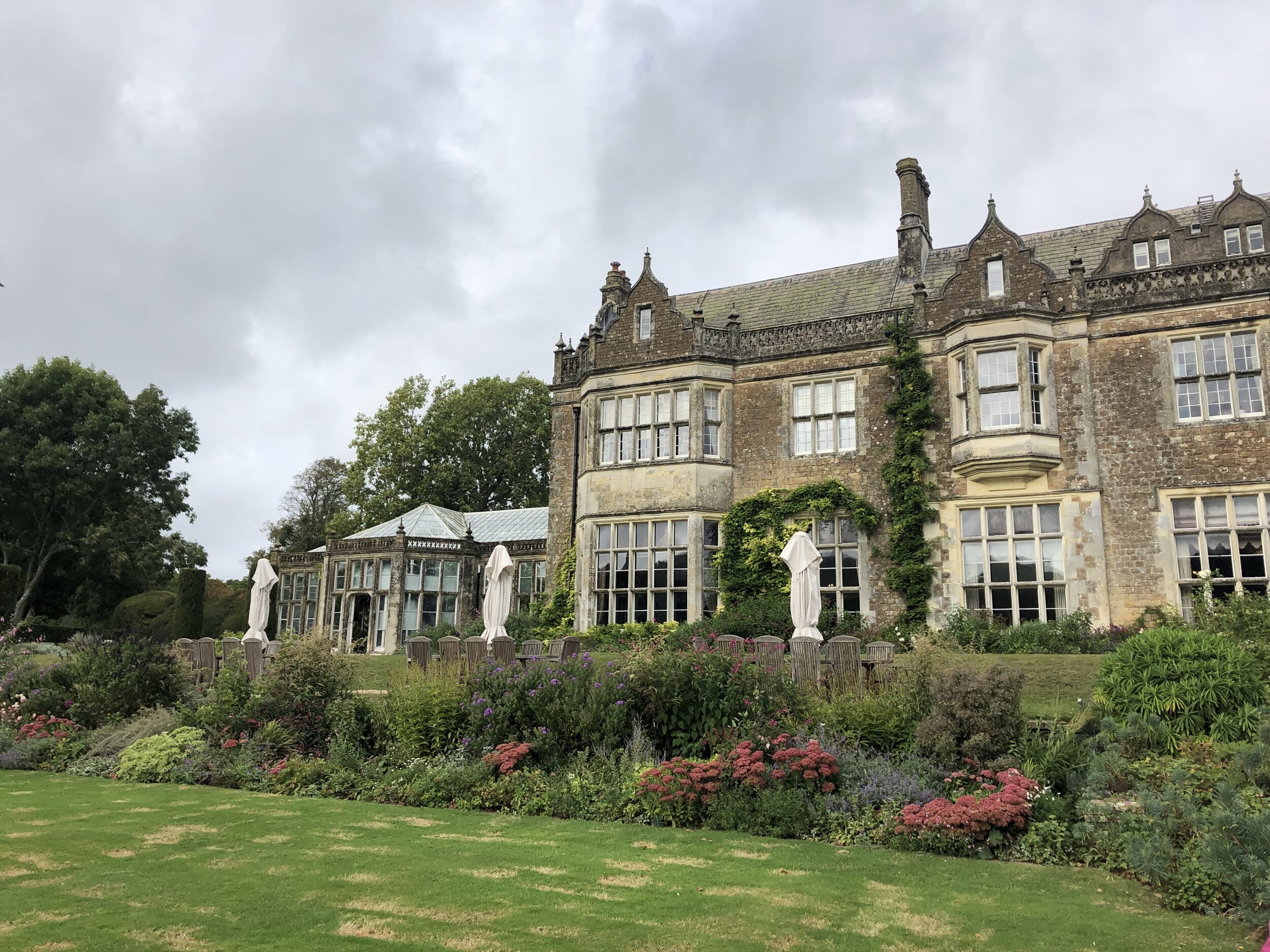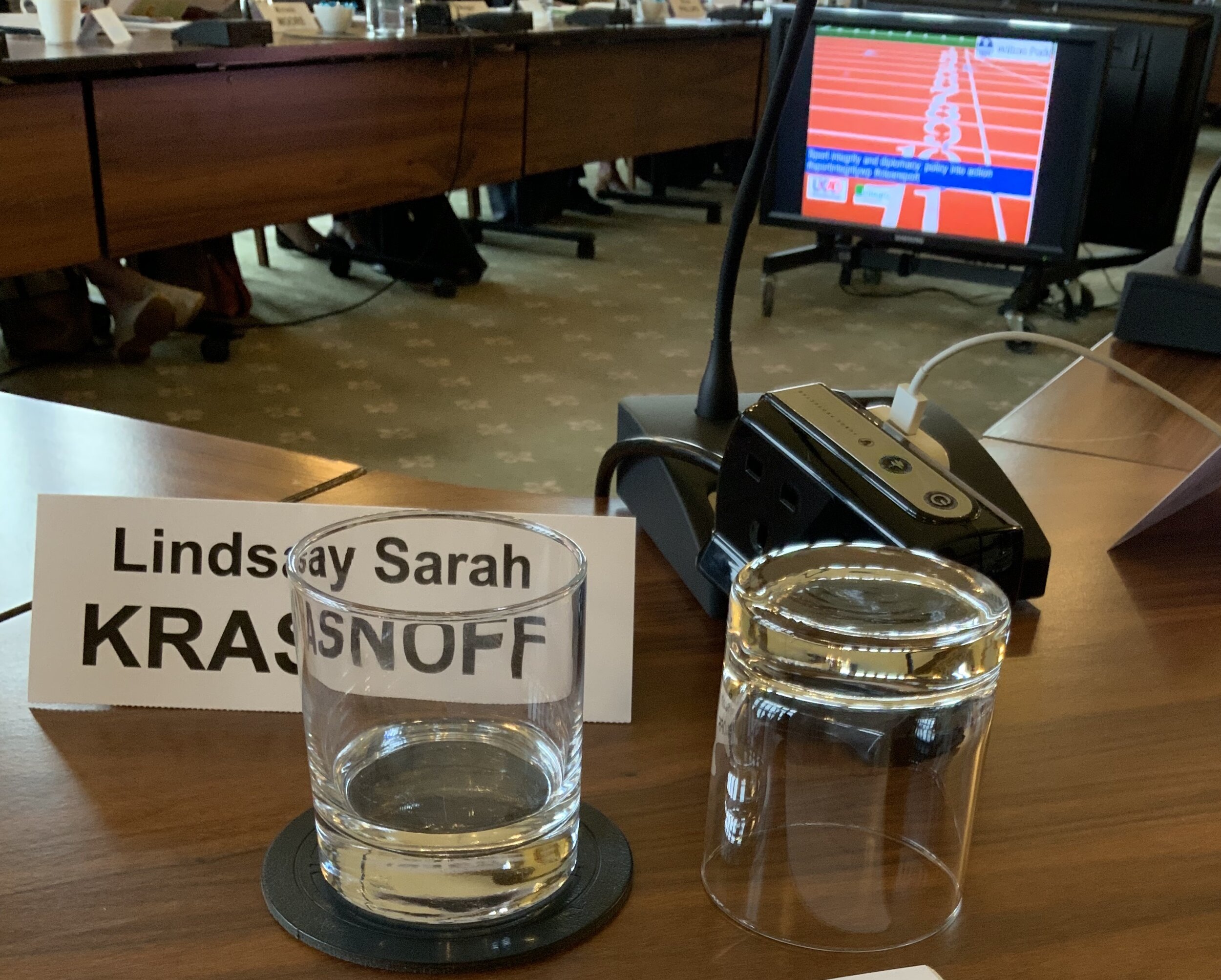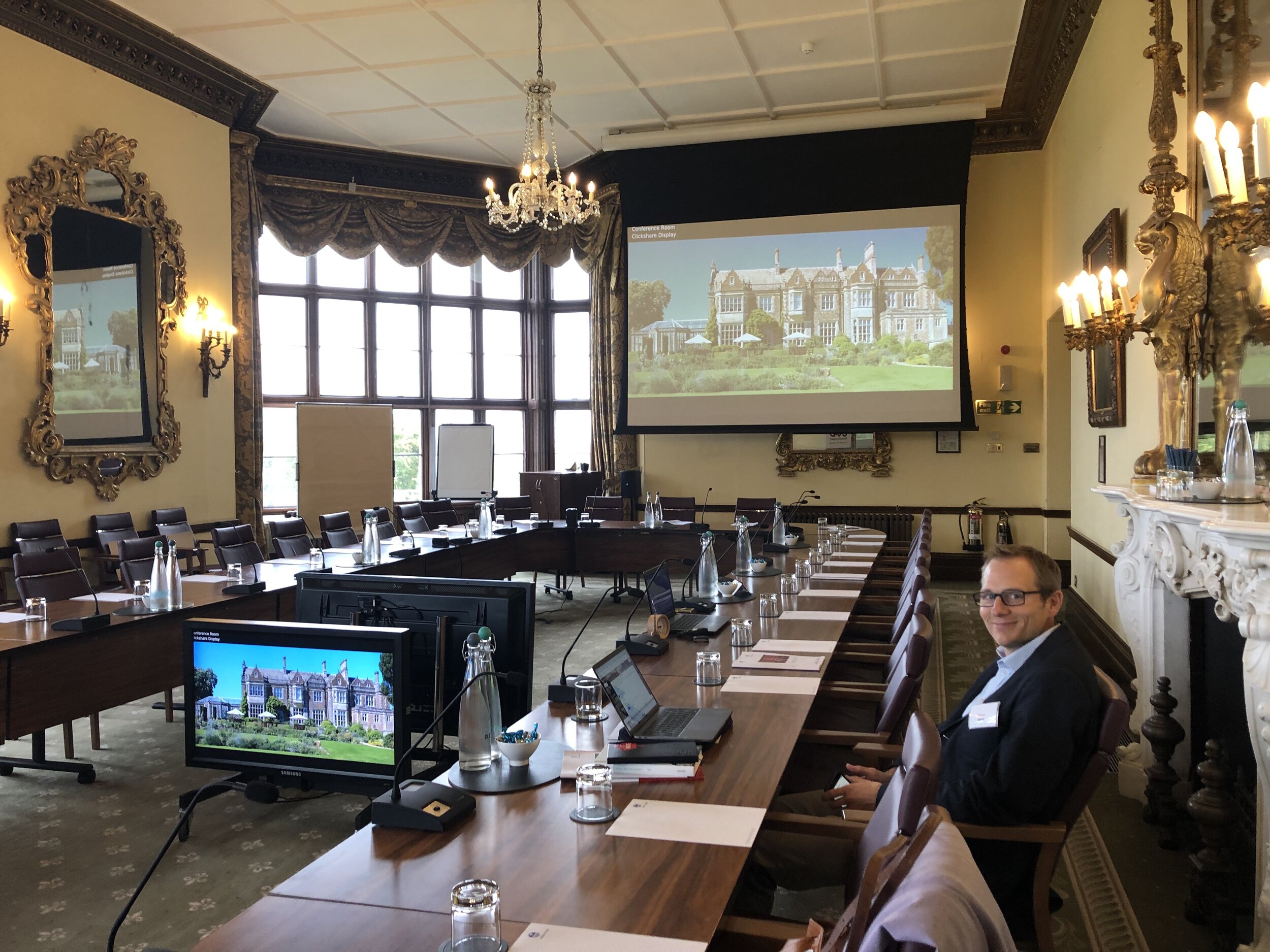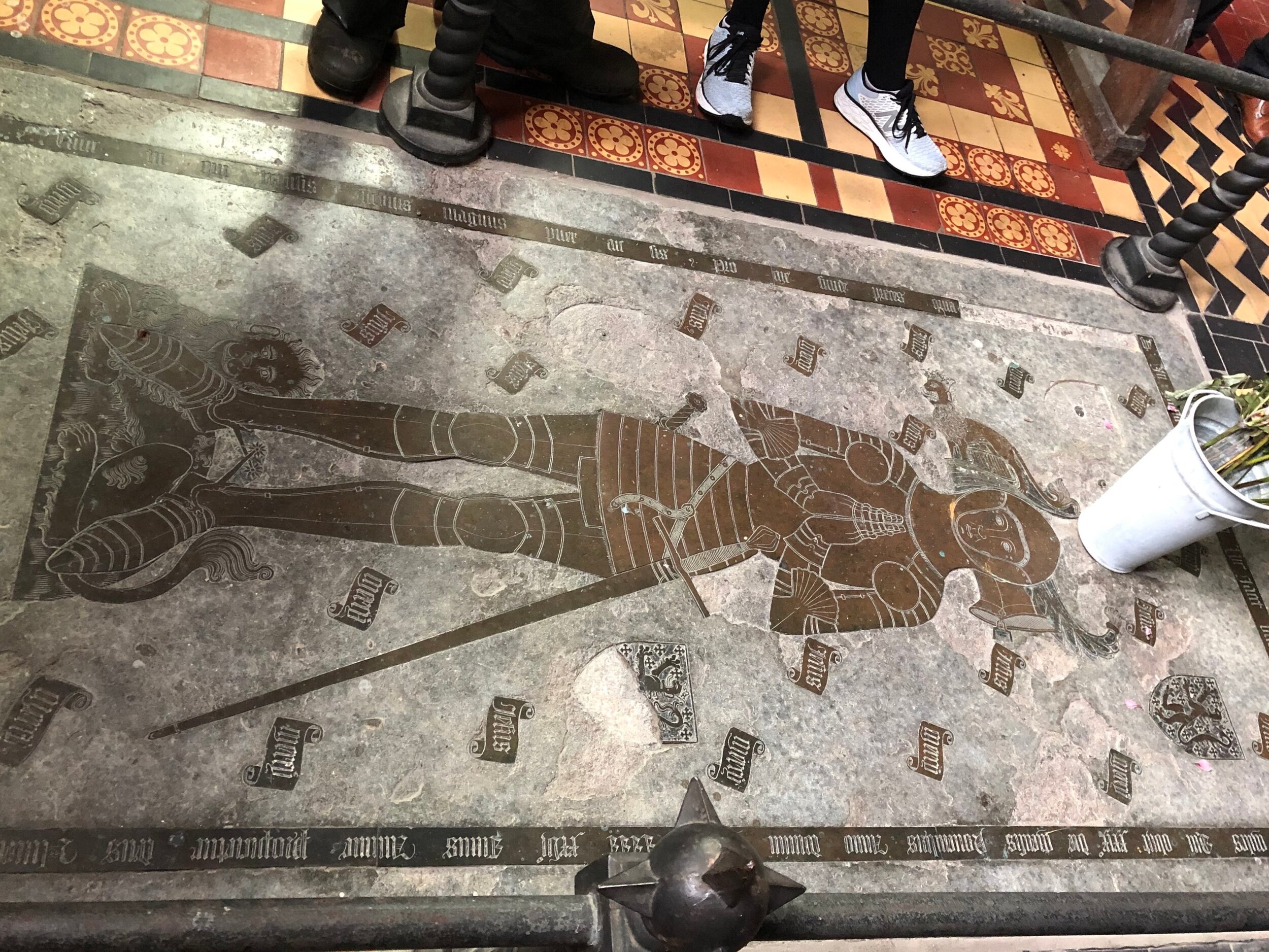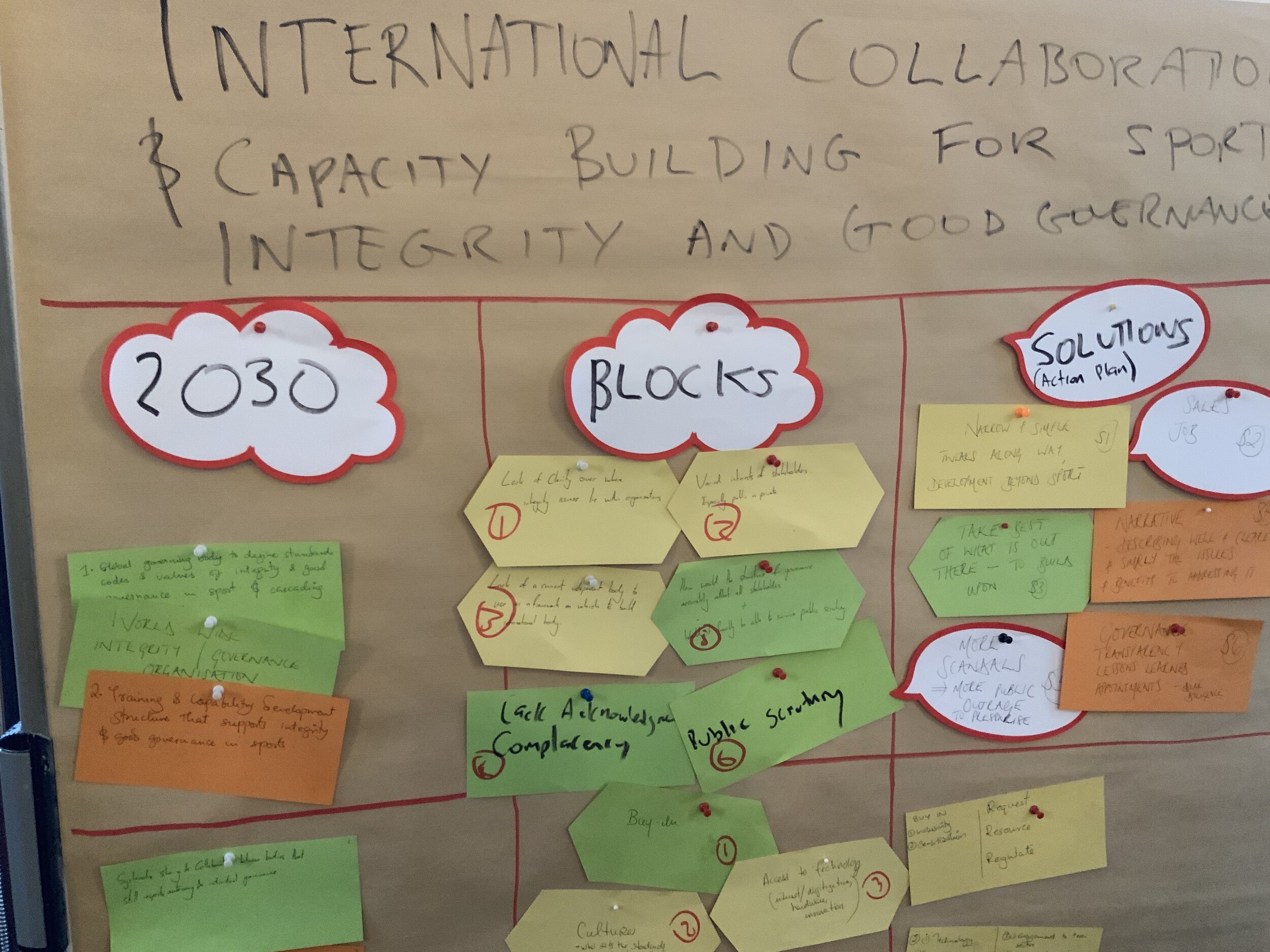Each December, I like to reflect on the year that was and how it might inform our soon-to-be tomorrows. As 2019 races across the finish line faster than a Ford at Le Mans, its clear that sports diplomacy—recognition of what it is, how it is used, how it is changing the sports world, and some of its caveats—is ever-more present. This is true in my own work as a scholar-practitioner, as well as how athletes, teams, and countries tell their stories or how the sports business world is impacted by sports diplomacy, for better or worse. Here’s the top events and stories in which sports diplomacy threaded its way through my 2019.
February The Power of Global Sport
The power of sport is global, and in this half-day roundtable that I produced and co-moderated at New York University (in partnership with Sport & Démocratie and CISD-SOAS), we unpacked what sports diplomacy is, some of the different ways that it has influenced and impacted athletes and others, and put forth a challenge for how the global sports world can better embrace the power of sport and diplomacy moving forward. Recap here.
France FIFA World Cup 2019
The Making of Les Bleues, one of the strongest legacies of France 1998, paid off as the country welcomed women’s football for four weeks of epic showmanship (showwomanship?) on and off the pitch. Official French sports diplomacy policy has, since the presidency of François Hollande, centered upon hosting major international tournaments and the FIFA World Cup in 2019 pushed France, the media, and the larger public to finally fully recognize the women’s game, rather than thinking about it as an after-thought. There’s still much work to be done, but hosting and cheering on the home team, despite Les Bleues’ quarterfinal elimination by eventual champions Team USA, helped to significantly move the needle.
Look for the push by the US Women’s National Team for pay equality to be influential well outside of the United States. We already saw some of this in the way some national teams used the World Cup limelight to push for better working and pay conditions, like Australia, which recently won equal pay. But other teams, like Argentina, have seen their efforts backfire.
Related: ‘The Up-Front Legacies of France 2019: Changing the face of ‘le foot féminin’ Sport in History, September 2019
Basketball Diplomacy in Africa Workshop & the NBA-FIBA Basketball Africa League
In February, the NBA and FIBA announced a new joint professional championship, the Basketball Africa League, the NBA’s first outside of North America. The new venture puts an increased spotlight on basketball across Africa, and generated the questions: what does basketball diplomacy look like in Africa? What are its challenges? And how can basketball diplomacy in Africa promote a pan-African identity, as well as change the world’s narrative about the continent?
To explore these questions and more, I co-directed a Basketball Diplomacy Africa workshop with Dr J Simon Rofe at SOAS University of London in June. It was a fascinating day that brought together stakeholders from around the world to present, discuss, and reflect on the theme, and I learned a great deal. Recap here but you should also read this short SOAS Blog with insights from Youcef Ouldyassia, Terry Lyons, and Pops Mensah-Bonsu.
The BAL is up and running. It commenced a series of play-in games in Fall 2019 to determine which teams from across the continent will qualify for the first BAL playoffs, which will tipoff in Spring 2020, with the finals held in Kigali, Rwanda. Stay tuned for much more from me on this front in 2020 J
Related: Global Sports Conversations podcast episodes on basketball diplomacy with Chris Dial, Syra Sylla, and Pops Mensah-Bonsu via SOAS Radio.
China FIBA World Cup 2019
Basketball, a sport born global, is popular and popularly played around the world and the FIBA World Cup, hosted by China, was an effort by the international federation to grow the tournament closer to FIFA World Cup status. China as host used the feel-good bounce of sports diplomacy, even as protestors continued their weeks-long demonstrations in Hong Kong, a short way away from one of the World Cup host cities. The tournament was a complex jumble of diplomatic messaging for the hosts, a bitter disappointment for Team USA (who finished 7th), and a huge boost to several countries who, by prowess and tenacity of their national teams, communicated and represented on the hardcourt—particularly the champions (Spain), vice-champions (Argentina), and bronze medal winners France. Les Bleus had a multi-faceted tournament hoops diplomacy-wise, both in terms of communicating and representing about modern France—most notably through their epic quarterfinal elimination of the USA—as well as the history that preceded them, for France has a long history of engaging in basketball diplomacy in China.
Related: “The Hidden Mystery of Hoops Diplomacy: France vs China, 1966” LA Review of Books, September 10, 2019, and “Rétro: 1966 et 1980, les premières voyages des Bleus en Chine, entre basket et propagande,” Basket Le Mag, No. 33, September 2019 – both based on “Les Bleus en Chine: The Power of Basketball Diplomacy” in International History Review, forthcoming 2020.
Celebrating SEED Project
Twenty-one years ago, Amadou Gallo Fall founded SEED Project, a youth academy in Senegal that produces young African leaders through education, employment, and basketball and is often viewed as a tentpole of youth sports development on the continent. Roughly 95% of SEED Academy graduates continue on to higher education and its alumni are making an impact in global basketball (and the NBA). In September, I was honored to help SEED celebrate its anniversary by moderating a panel on sports diplomacy in New York, with [first row, left photo] the brilliant Morgan Cato (NBA), Carolyn Moos (former WNBA), and Pops Mensah-Bonsu (Capital City Go-Go). Let there be no doubts: basketball diplomacy plays a clutch role in the sport’s development in Africa—and basketball’s future business growth. My huge thanks and appreciation to everyone who made this event such a success. Look for more from SEED in 2020 as they build out their operations in New York and West Africa.
Group Photos Photo Credit; Ray Yau
Sports, Integrity and Diplomacy Conference: A Prelude to WADA vs Russia
One of the issues often overlooked by many people when thinking about the sports-diplomacy nexus is that of integrity, specifically how it relates to anti-doping. So when I had the privilege of participating and presenting at a small three-day workshop on sport, integrity, and diplomacy at Wilton Park, I jumped that the opportunity. Some of you will recall that I’ve done a little work on the history of sports medicine as it pertains to France; but this was much more eye-opening for we had to grapple with how sports integrity can aid—and hinder—sports diplomacy at the formal levels, how informal sports diplomacy communications are impacted, and more. UK Anti-Doping presented on its recently released report on efforts to help test Russian athletes while the Russian Anti-Doping Agency (RUSADA) was not in compliance with World Anti-Doping Agency codes—a prologue to the December WADA decision to ban Russia from major sports competitions for four years (which tournaments and federations decide to uphold this ban remains to be seen, and Russia recently contested the ban). My thanks to the organizers and co-sponsors, including Wilton Park, the UK Foreign Ministry, UK Anti-doping (UKAD), and SOAS University of London.
Related: When Sports Integrity Meets Diplomacy, and “Building Athletic ‘Atomic Armaments’: The Role of Sports Medicine in Cold War France, 1958-1992,” Performance Enhancement & Health, Vol. 2, Issue 1, March 2013.
NBA China “Events”
As the NBA season kicked off with two games in China, the league became embroiled in a sports diplomacy fiasco. The firestorm unknowingly begun when Houston Rockets General Manager Daryl Morey tweeted support for the Hong Kong protestors quickly flared up as the Chinese government and its state media reacted, when LeBron James spoke up, and more. This is why history matters. As I wrote at the time, the Chinese Communist Party has long used basketball in its foreign relations and diplomacy efforts—since the 1950s—thus anyone doing business in the country should know that basketball would be a proverbial red line in the sand vis-à-vis critique of the government or its policies. This issue has not gone away.
Hidden Heroes of Sports Diplomacy
In late October I returned to the U.S. Department of State to speak alongside several of my former colleagues from the Office of the Historian about the “Heroes of Diplomacy.” It was a fun return to one of the U.S.G. projects dear to my heart: the role of the U.S. diplomatic community during the First World War, particularly the early years of U.S. neutrality. Beyond great storytelling and important context for our present, the day offered the opportunity to revisit one of my favorite stories of early sports diplomacy, centered around William H. Hunt, the rugby-loving U.S. Consul in St. Étienne. It’s a terrific tale worth your while of how an American used rugby to integrate (in more ways than one) in turn-of-the-century France. Read it here.
Rwanda-PSG Deal
The government of Rwanda is quite savvy in harnessing sports diplomacy to position itself as a leading locomotive of twenty-first century Africa. A year ago, Rwanda made headlines in the sports world by singing a partnership deal with football club Arsenal, and in December 2019 the country concluded a similar deal with Paris Saint-Germain. I spoke with Sports Illustrated’s JohnWallStreet column on the many ways this new sports diplomacy relationship is fascinating, and look forward to seeing how it plays out in the new year, as well as how the country’s moves to host major sports events like the NBA-FIBA BAL Finals materialize.
Mesut Ozil, Arsenal and China
If you thought it was only the NBA who encountered sports diplomacy related issues with China, think again. The country blacked out another professional sports team from its airwaves, this time Arsenal, after the Gunners’ Mesut Ozil spoke out against the Chinese government’s human rights violations of Muslim Uighurs. Here’s a good run-down by The Guardian of the incident, plus sports diplomacy insights from Drs J Simon Rofe and Simon Chadwick.
It’s been a great year, thanks to all. See you in the 2020s!
Read what I’m watching in 2020 here.



